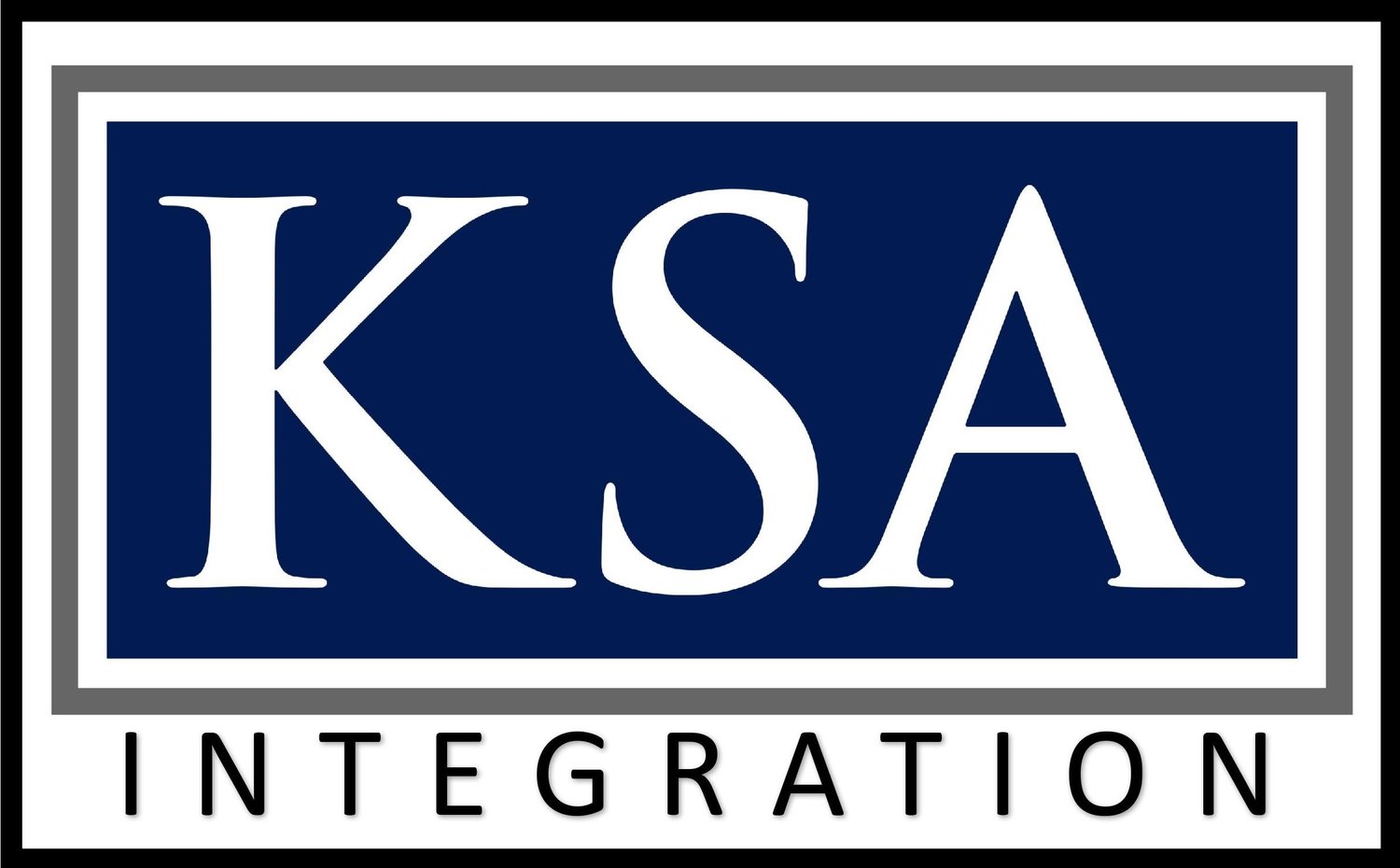Gratefulness
- November 5, 2014
- Posted by: k-admin
- Category: People
“When you practice gratefulness, there is a sense of respect toward others.” -The Dalai Lama Recognition may be the greatest motivator there is. The thankfulness of leaders is one of the most important things that is provided to those who do so much. It is, or should be, a deeply personal connection, done in a genuine way, that speaks to the heart of those we truly appreciate.
Implicit in gratefulness is:
- A genuine understanding of the value of the service performed and the effort of employees in doing it.
- Empathy for the circumstances, challenges, and conditions under which the favorable result was obtained.
- A leader’s heartfelt expression of relating to the difficulties experienced by those who made good.
- Praise for a demanding task done well.
- Acknowledgement of exceptional performance.
- An expression of personal value for the effort and sacrifice of those involved.
- An unmistakable sign of respect.
- Trust
Gratefulness must be genuine, heartfelt, sincere, and seen to be so by those who receive it. It is one of the easiest things a leader can provide and starts with leaders understanding the power that heartfelt gratitude has for employees.
There is an old and well-known anecdote that is a short course in leadership:
- The six most important words: I admit that I was wrong.
- The five most important words: You did a great job.
- The four most important words: What do you think?
- The three most important words: Could you please. . .
- The two most important words: Thank you.
- The most important word: We.
- The least important word: I.
Two of the seven fundamentals are lessons in gratefulness.
Remember: for an employee, knowing you are making a difference, makes all the difference.
Many thanks, Keith Stalder, #16
Copyright © 2014 Keith Stalder & Associates, LLC. All rights reserved.
